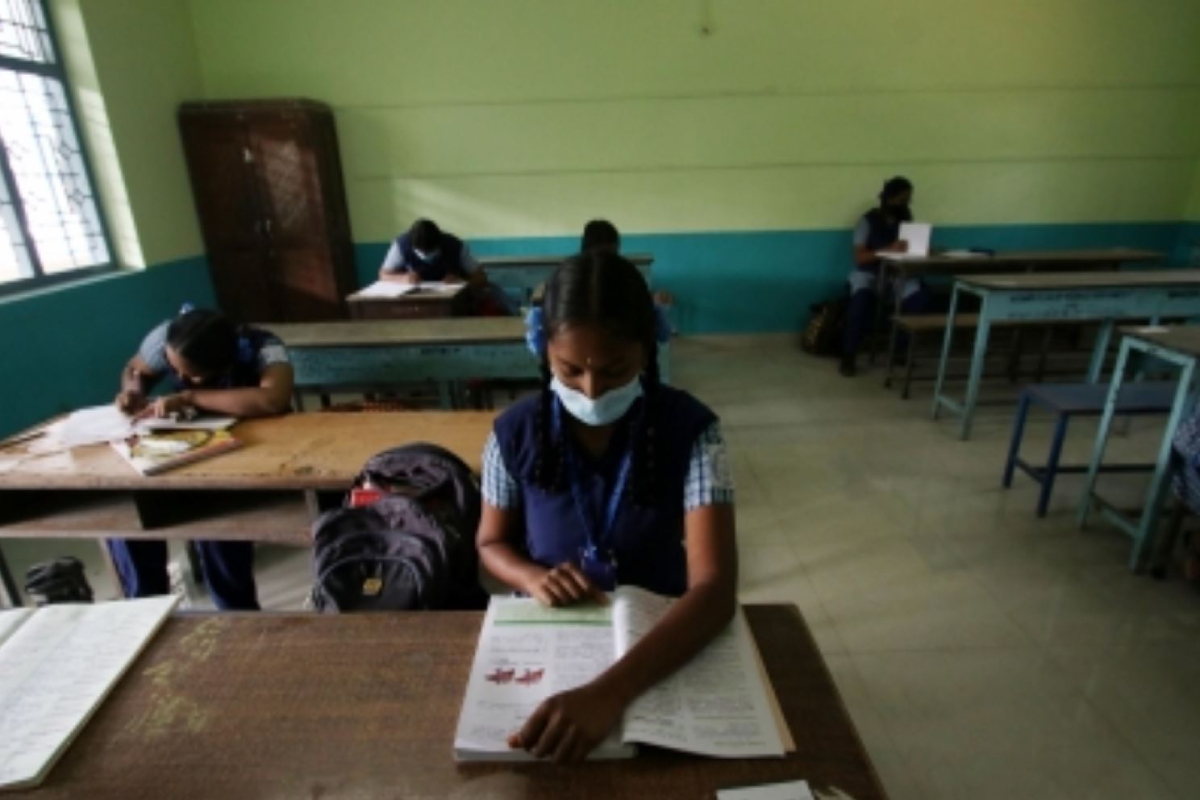
If, during your time abroad, you know that you will be returning home soon, think about what you will need. The key is to market your experience effectively.Īgain, be sure to plan ahead. In fact, a recent study by IES Abroad shows that study and work abroad increases your job prospects, especially in times of crisis. Using your RTW trip as a work abroad or volunteering opportunity combined with a traveling opportunity is not only going to look better to your parents, it is also going to catch the attention of prospective employers. In Spain, for example, you can get up to 40% off Renfe train tickets by presenting a Carné Joven. While these cards are valid worldwide, be sure to inquire about country and even city-specific cards that will get you even further discounts.

These will give you reduced prices on flights, accommodation, train tickets, books, and many other products. Students, youth, and teachers abroad should also consider using worldwide discount cards, such as ISIC, IYTC, and ITIC. In Spain, in turn, you can expect to make 1,000 Euros per month through the government teaching assistant program, working only 16 hours per week. A one-year teaching stint in Japan, for example, can pay 3.36 million yen (equivalent to about $40,000 USD). Teaching placements in Asia, such as the Jet Programme in Japan, are particularly well-paid. If you need a more steady income (which you can always supplement with private classes), consider a government teaching program. While some students try to make it on their own through giving private classes, finding a network of clients can take a while to build up. One particularly popular option is teaching English. If you want to make money instead of spending it, consider a paid work placement. It might take a leap of faith to head across the world with nothing set up, but rest assured, people do it all the time, and it’s another option for those with a lower budget or those who just want to see where the wind takes them. There are lots of jobs and volunteer organizations who don’t advertise on the internet and opportunities you won’t know of until you’re there. Of course, not all volunteer programs cost money, and not everything has to be set up before you leave. Teaching in a rural school in Madagascar, in turn, starts at € 1,095 (approximately $1,372 USD) and includes similar services, as well as a TEFL training and certification before you go. That includes accommodation, food, airport pick up and drop off, travel and medical insurances, and 24-hour in-country support. Here are some examples of possible expenses: A one-month volunteer project in marine conservation in Thailand, for example, costs $4,295. (For a comprehensive overview of the pros and cons, click here). Whether or not you should pay to volunteer is an ongoing discussion amongst educators and is something you should keep in mind.
#TRAVEL THE WORLD AFTER COLLEGE FREE#
As you start investigating possible volunteer opportunities, you will find that prices vary while some programs offer free room and board in exchange for volunteer work, other programs charge fees. Whether you decide to volunteer or work will also depend on your financial resources.


Similarly, selling your textbooks, clothes and other items you don’t need can help. Some students have found that working a part-time job during college will help them save up money.

Determining how much money you have available to travel should form part of the planning process. Last but not least, where, when, and what you do will me limited by your financial resources. Note that if you choose to volunteer, intern, or work at a local organization (profit or non-profit), chances are you will connect more with the surrounding community and bring more skills back to the workforce (which will also look great on a resume) than if you travel full-time.


 0 kommentar(er)
0 kommentar(er)
